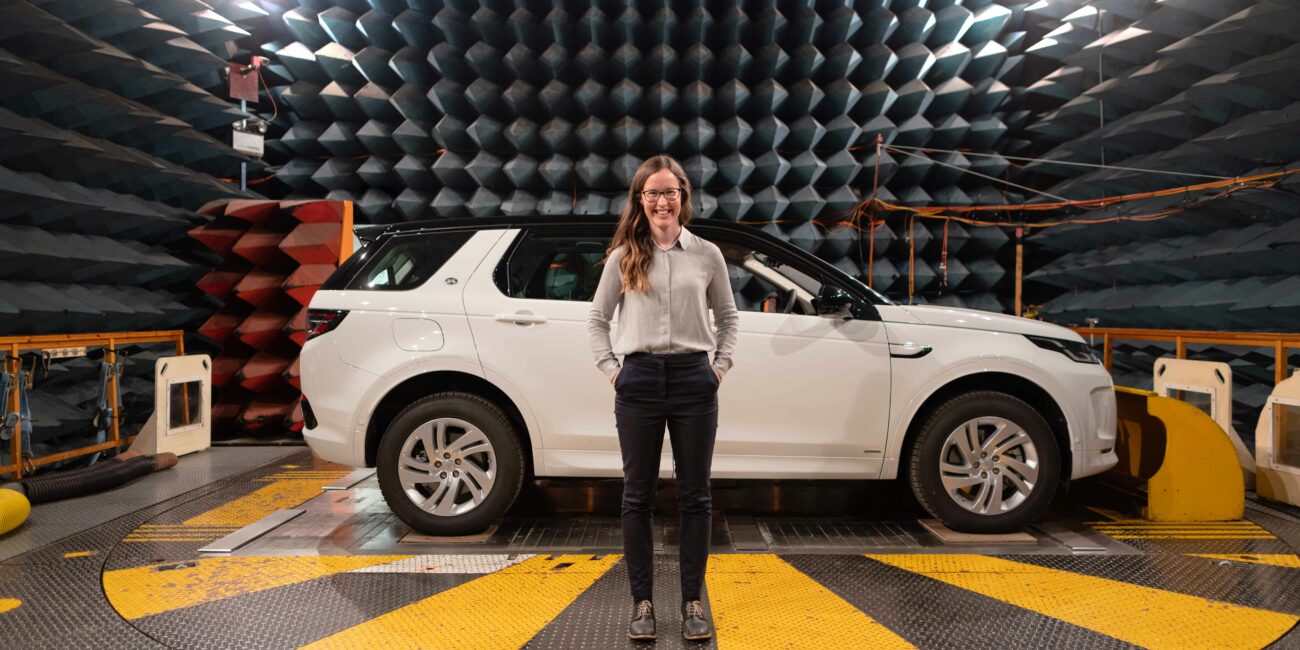Globally, women remain significantly underrepresented in the automotive industry, occupying only 24% of manufacturing roles and a mere 18% of dealership positions (Deloitte & Automotive News, 2020). This disparity persists despite women making up nearly half of the labor force. Deep-seated cultural biases, limited mentorship opportunities, and a lack of diversity, equity, and inclusion (DE&I) initiatives perpetuate this imbalance.
An automotive engineer shared her perspective:
“When I walked into my first team meeting, I realized I was the only woman in the room. It wasn’t just about learning the job—it was about breaking through walls I didn’t build.”
Why Gender Diversity in the Automotive Industry Matters
Research consistently highlights the benefits of gender diversity in workplaces. Diverse teams bring fresh perspectives, fostering creativity and innovation. In industries like automotive, where competition is fierce, such diversity is a strategic advantage. Companies with diverse leadership teams report more holistic decision-making and improved financial performance. However, the Deloitte study reveals that only 26% of men in the industry believe that a commitment to DE&I is essential for leadership success. This gap in perception is a critical barrier that must be addressed.
Representation also has a powerful ripple effect. When women see others thriving in the automotive industry, they are more likely to pursue and sustain careers in the field. This creates a virtuous cycle where increased participation fuels further progress, benefiting both the industry and society.
Barriers Holding Women Back in Automotive Careers
Cultural Bias and Gender Stereotypes
For decades, the automotive sector has been viewed as a “man’s world.” Women entering this space often face skepticism about their skills and capabilities. These biases, whether overt or subtle, create an unwelcoming environment.
“The hardest part wasn’t designing or building the product—it was convincing people I could,” shared a female automotive designer.
Limited Pathways for Growth
The lack of visible female role models and mentorship opportunities continues to hinder women’s advancement. According to Deloitte, 70% of women surveyed felt minorities were underrepresented in senior leadership, compared to just 40% of men. This disparity underscores the importance of creating pathways to leadership for women, supported by effective mentorship and sponsorship programs.
Workplace Culture Challenges
The automotive industry’s male-dominated culture can lead to isolation and a lack of inclusivity for women. Harassment and workplace bias remain pervasive issues, with fewer women (50%) rating their company’s DE&I efforts as “good” or “excellent” compared to men (64%). These challenges discourage retention and reinforce stereotypes that dissuade women from entering the field.
Work-Life Balance and Flexibility
Nearly half of the women surveyed expressed that a lack of work-life balance was a significant deterrent to pursuing or remaining in automotive careers. Flexible schedules and family-friendly policies are critical to addressing this issue and making the industry more inclusive.
Driving Change: Building a More Inclusive Automotive Industry
Early Exposure and STEM Education
Encouraging young girls to explore STEM (Science, Technology, Engineering, and Mathematics) careers is a foundational step. Schools, nonprofits, and community programs can offer hands-on experiences—such as robotics clubs, design challenges, and engineering workshops—to spark interest in automotive fields.
Mentorship and Networking
Mentorship is a proven tool for career advancement. Establishing robust mentorship programs in automotive companies can connect women with experienced leaders who advocate for their growth. Networking opportunities, such as industry conferences and women’s forums, also provide platforms for collaboration and empowerment.
Reforming Workplace Policies
Companies must prioritize DE&I at all organizational levels. Initiatives like zero-tolerance policies for harassment, leadership training on inclusivity, and employee resource groups for women can foster supportive environments. Flexible work arrangements and childcare support can also make the industry more accessible to women.
Advocacy and Leadership from the Top
Leadership commitment is crucial. The study shows that women are less likely than men to rate their company’s efforts at promoting DE&I positively (38% versus 61%). This highlights the importance of senior leaders driving these efforts by embedding DE&I into corporate culture and decision-making.
A Vision for the Future
Increasing female representation in the automotive industry is not just an aspiration—it’s a necessity. Women bring invaluable insights, resilience, and creativity to a field that thrives on innovation. However, achieving this requires collective action from all stakeholders, including industry leaders, educational institutions, and advocacy organizations.
As one female automotive engineer remarked:
“I don’t just want a seat at the table—I want a future where every woman in this industry feels they belong.”
At the Global Girls Development Foundation (GGDF), we are committed to creating this future. By fostering equity in traditionally male-dominated industries, we aim to unlock the full potential of women, driving innovation and building a more inclusive workforce.
Through mentorship, training, and advocacy, we can inspire a new generation of women to take the wheel and steer the automotive industry toward a brighter, more inclusive future. Let’s pave the road to change—together. Connect with us to work together!
References
Deloitte & Automotive News. (2020). Diversity, Equity, and Inclusion in Automotive Study.
McKinsey & Company. (2021). Diversity Wins: How Inclusion Matters.
UNESCO. (2023). Women in Engineering: Global Statistics.
stronger
together
Whether you’re an individual, a company, a community, or an educational institution, there’s a place for you here at GGDF.
Join Us



